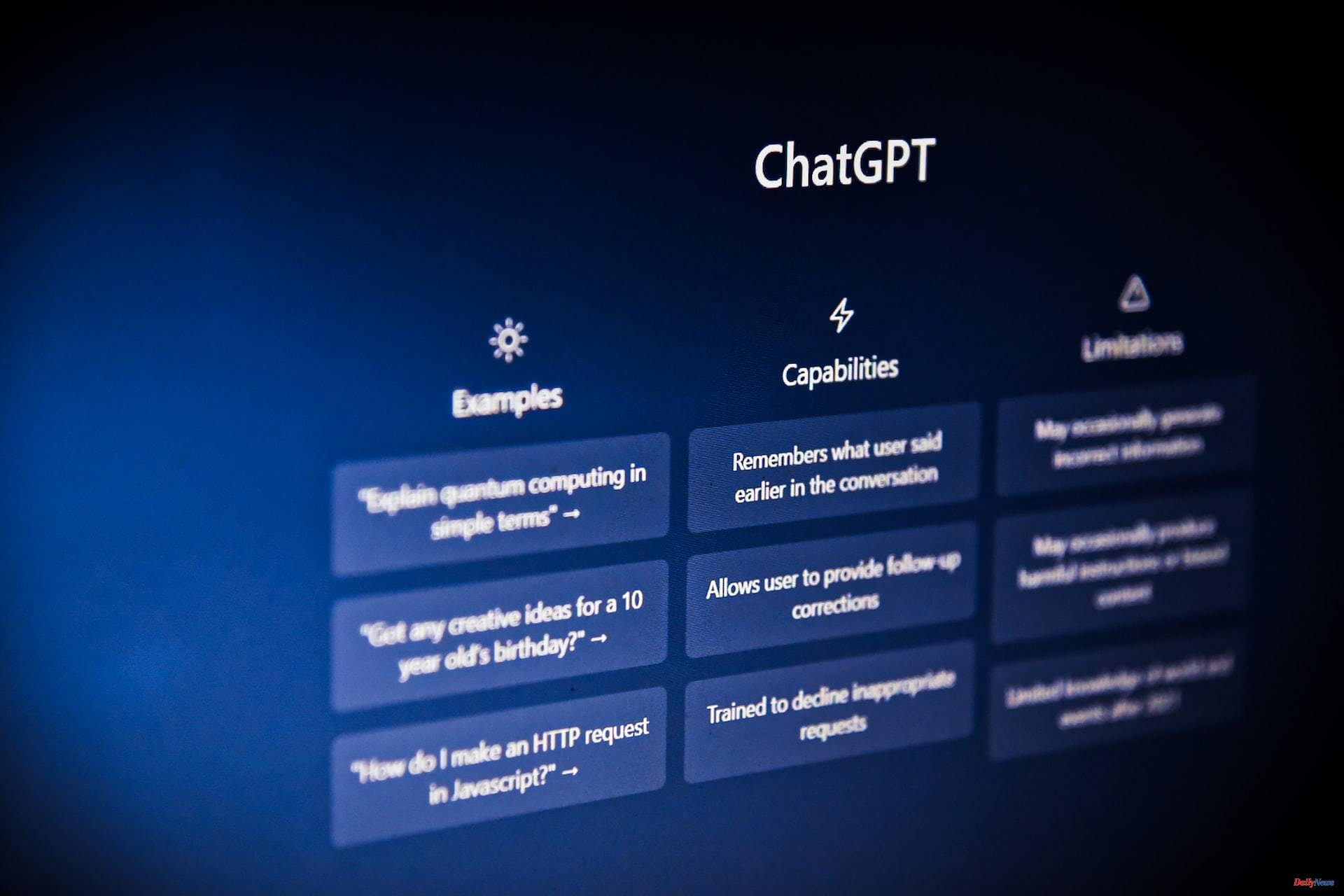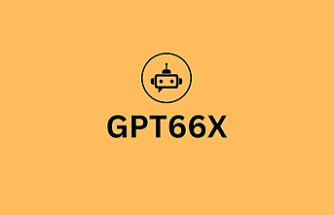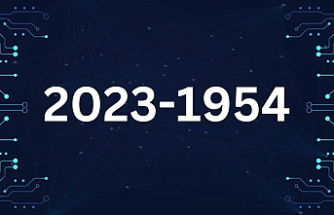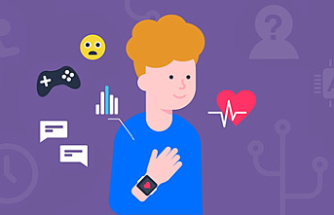Four months after launching ChatGPT, the popular conversational artificial intelligence tool, OpenAI has a new version of the language model that brings it to life ready. The company today announced GPT-4, an even more accurate language model to respond to, with a much greater command of all types of subjects and able to excel in many of the most demanding academic and professional tests.
GPT-4 and its predecessor, GPT-3, are what are known as extensive language models, tools capable of understanding, summarizing, generating or translating text thanks to the fact that they have been trained with millions of documents in dozens of languages.
During this training process, in which advanced machine learning techniques are used, they have discovered the relationship between the different words and how they are ordered when speaking and, therefore, can generate responses that are practically indistinguishable from those that a being would give. human.
An obvious application for this type of tool is what is known as chatbots, programs capable of having a conversation in natural language. In late 2022, OpenAI released one, ChatGPT, which relied on a somewhat modified version of GPT-3 (generally referred to by OpenAI as GPT-3.5).
Its success caught developers by surprise, who until then had seen GPT-3 more as a tool for businesses and academic institutions than a consumer product. In the short time it's been around, ChatGPT has become the fastest-adopted app in recent history, ahead of TikTok.
Now, with GPT-4, ChatGPT and other tools, such as the conversational function of Microsoft's Bing search engine, they will be able to offer much more coherent, complete and complex answers.
In a normal conversation the changes seem subtle at first. "The difference arises when the complexity of the task reaches a specific threshold: GPT-4 is more reliable, creative and capable of handling concepts with many more nuances than GPT-3.5", they explain from OpenAI.
The new language model, for example, is much more versatile when it comes to understanding the relationships between different elements or responding to logic exercises.
This makes it stand out especially in academic settings. OpenAI has used it to answer the questions of more than twenty university entrance, end-of-career or professional certification exams with surprising results. The model, for example, managed to be placed among the 10% of the students with the best grades in the exam to be able to practice law in the US and among the 30% of the best in an advanced chemistry exam.
The new model solves some of the known limits of the previous version. GPT-4 is, for example, 82% less likely to respond to a request for unauthorized content and 40% more likely to produce an objective response than GPT-3.5.
Even so, its creators point out that it still has some of the problems inherent in this type of tool. Occasionally he may "hallucinate" a response, making up data and facts, or develop over a lengthy conversation something resembling a "personality" that can become somewhat abrasive or antagonistic.
One of the big changes of the new version is that it is based on a multimodal model. This means that it not only understands text, but also images. Unlike other generative AI tools, such as Midjourney or Dall-E, GPT-4 cannot create images but can understand them within the context of a question. When shown a picture of a seesaw with a weight suspended on one end and a ball on the other and asked what will happen next, for example, GPT-4 will reply that the weight will drop, launching the ball into the air.
GPT-4 is now available with limited access for companies and academic institutions. OpenAi has also integrated it into the latest version of ChatGPT, but for now only for users of the paid ChatGPT Plus service, which for $20 a month gives priority access to the tool.
According to the criteria of The Trust Project












